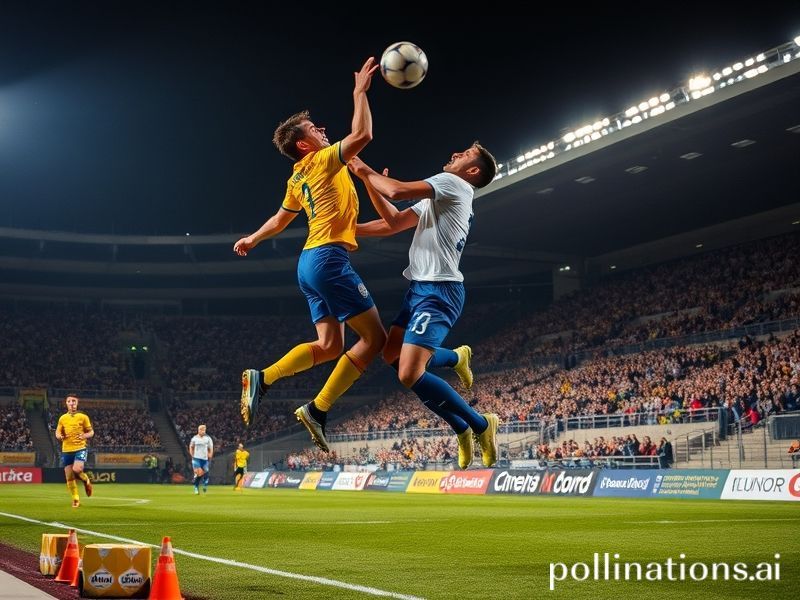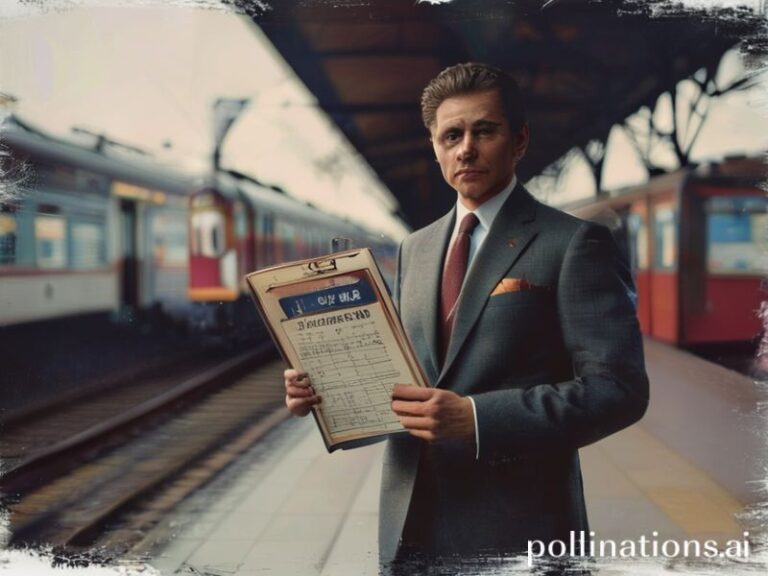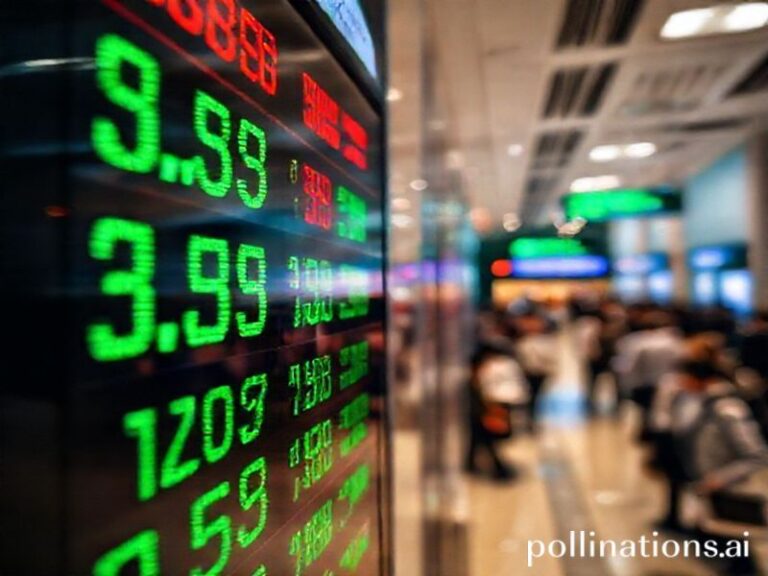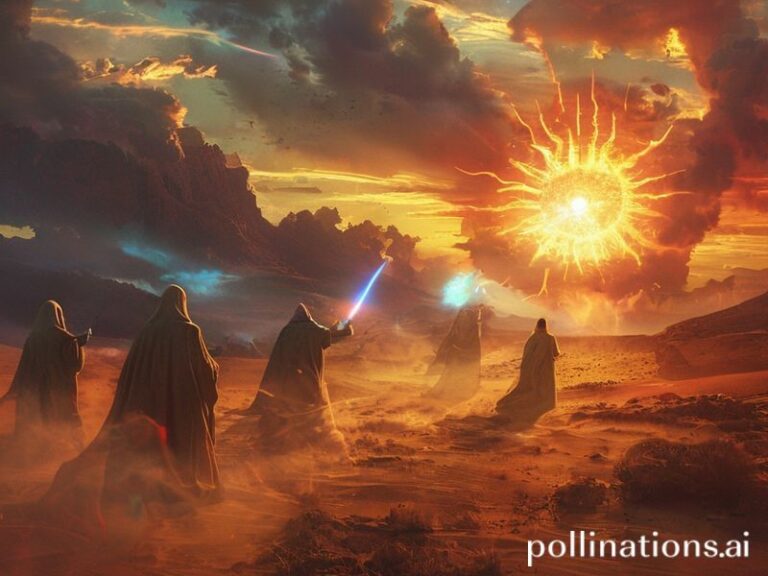Parmesan Proxy Wars: How Parma vs Spezia Became the World’s Most Absurdly Significant Football Match
**The Parmesan Paradox: How Parma vs Spezia Became Football’s Most Delicious Proxy War**
While the world’s superpowers flex their nuclear arsenals and central banks play monetary Jenga with the global economy, humanity finds itself riveted by a far more consequential conflict: Parma versus Spezia, a Serie A fixture that proves civilization hasn’t so much evolved as developed better graphics.
This isn’t merely football—it’s geopolitical theater with a ball. Parma, the UNESCO-listed gastronomic capital where ham costs more than human organs on the black market, faces Spezia, the Ligurian port city that exists primarily as a reminder that even paradise needs a working-class suburb. The match represents something profound: the eternal struggle between those who can afford authentic Parmigiano-Reggiano and those who grate the fake stuff from plastic containers like culinary savages.
From Tokyo trading floors to Silicon Valley boardrooms, the global economy holds its breath. Not because anyone actually cares about the result—let’s be honest, most viewers couldn’t locate these cities on a map without Google’s help—but because in our interconnected world, even meaningless events must be imbued with cosmic significance. Bloomberg will run analysis pieces. Cryptocurrency values will fluctuate wildly for reasons that make absolutely no sense. Somewhere, a hedge fund manager will lose $50 million because he confused Parma’s 4-4-2 formation with a lunch order.
The international implications are staggering, if by “staggering” we mean “completely fabricated by content-hungry media ecosystems.” Chinese investors track Serie A matches with the intensity of Olympic scouts, hoping to discover the next marketing phenomenon who can sell protein powder to teenagers who’ve never eaten dairy. Russian oligarchs place bets equivalent to small nations’ GDPs, laundering money faster than you can say “financial fair play.” Meanwhile, American streaming services pay billions for broadcast rights, proving that capitalism’s greatest trick is convincing people to pay for things they used to steal.
The match embodies our collective delusion that local events possess universal meaning. Parma’s bankruptcy and resurrection mirror Greece’s economic crisis, if Greece had been saved by a Chinese businessman with a fondness for cured meats. Spezia’s existence as a promoted club fighting relegation represents every startup that’s ever promised to “disrupt” an industry before discovering that gravity applies to spreadsheets too.
Climate change? Pandemic recovery? The slow death of democracy? All mere subplots to the main narrative: can Spezia’s 5-3-2 formation withstand Parma’s wing play? Will the referee’s decision in the 73rd minute become a metaphor for Brexit? (Spoiler: everything is now a metaphor for Brexit, including your breakfast choices.)
As the final whistle blows and grown men weep over the movement of a ball into a net, we’re reminded that humanity’s capacity for manufactured significance remains our most renewable resource. The result will be forgotten within days, the players will be transferred for sums that could fund hospitals, and we’ll all pretend this mattered because admitting otherwise means confronting the abyss of our own irrelevance.
But perhaps that’s the beauty. In a world teetering on multiple brinks, there’s something perversely comforting in watching 22 millionaires chase leather while wearing colorful shirts. It’s prayer for the secular, community for the isolated, meaning for those who’ve read the instruction manual and discovered the warranty expired decades ago.
Parma versus Spezia: because sometimes the most honest thing we can do is scream at strangers in different colored shirts while pretending it’s important. The universe remains indifferent, but at least the snacks are decent.







